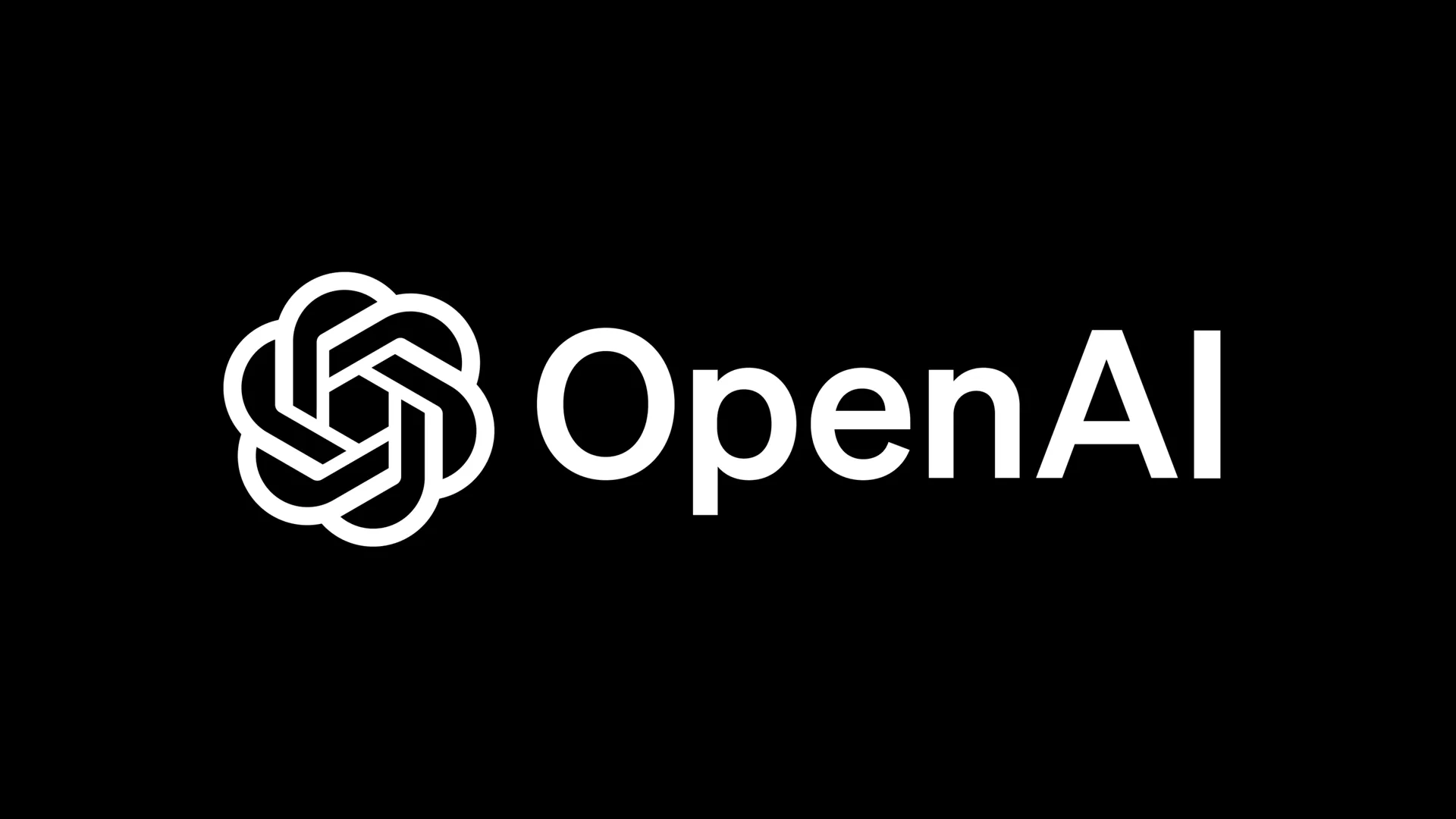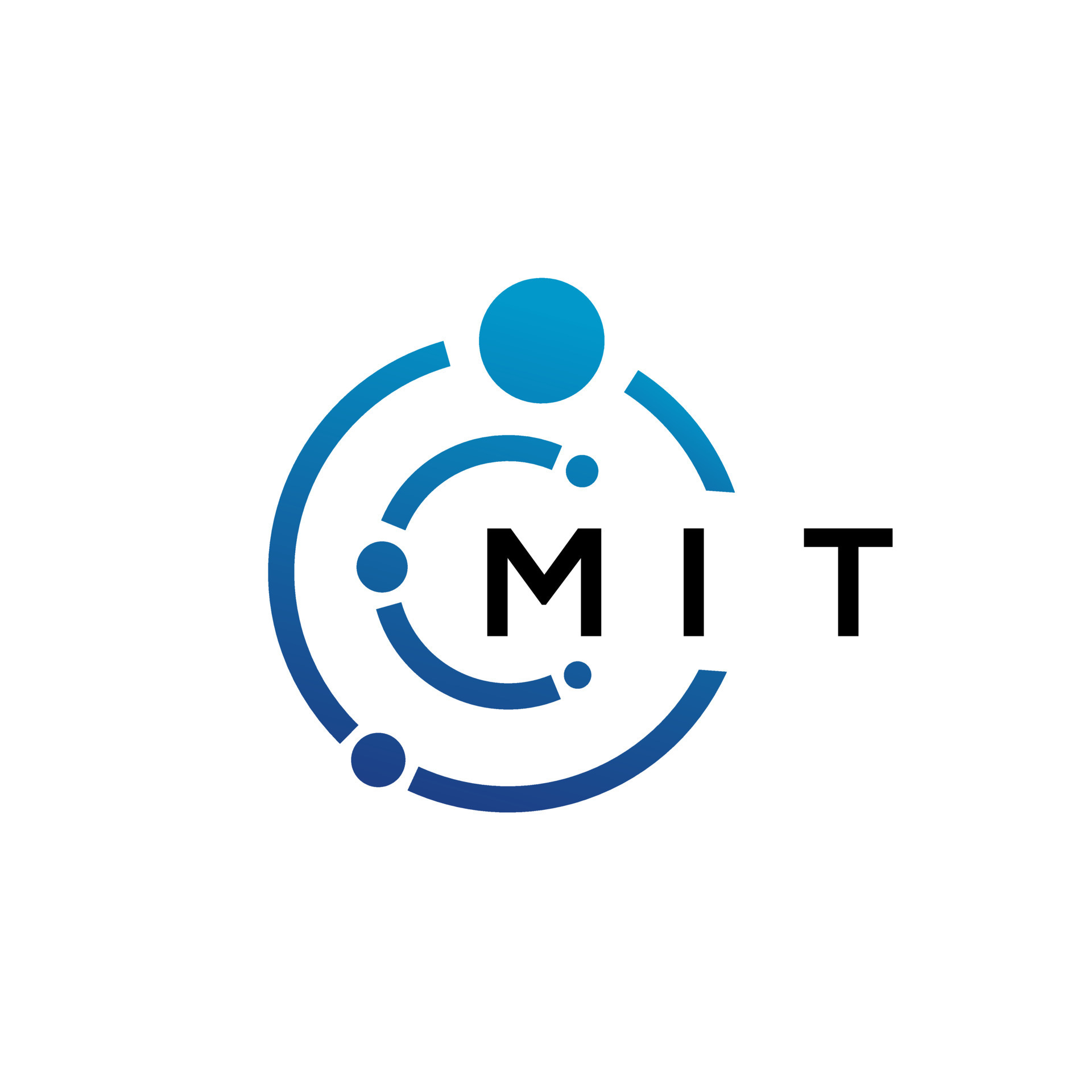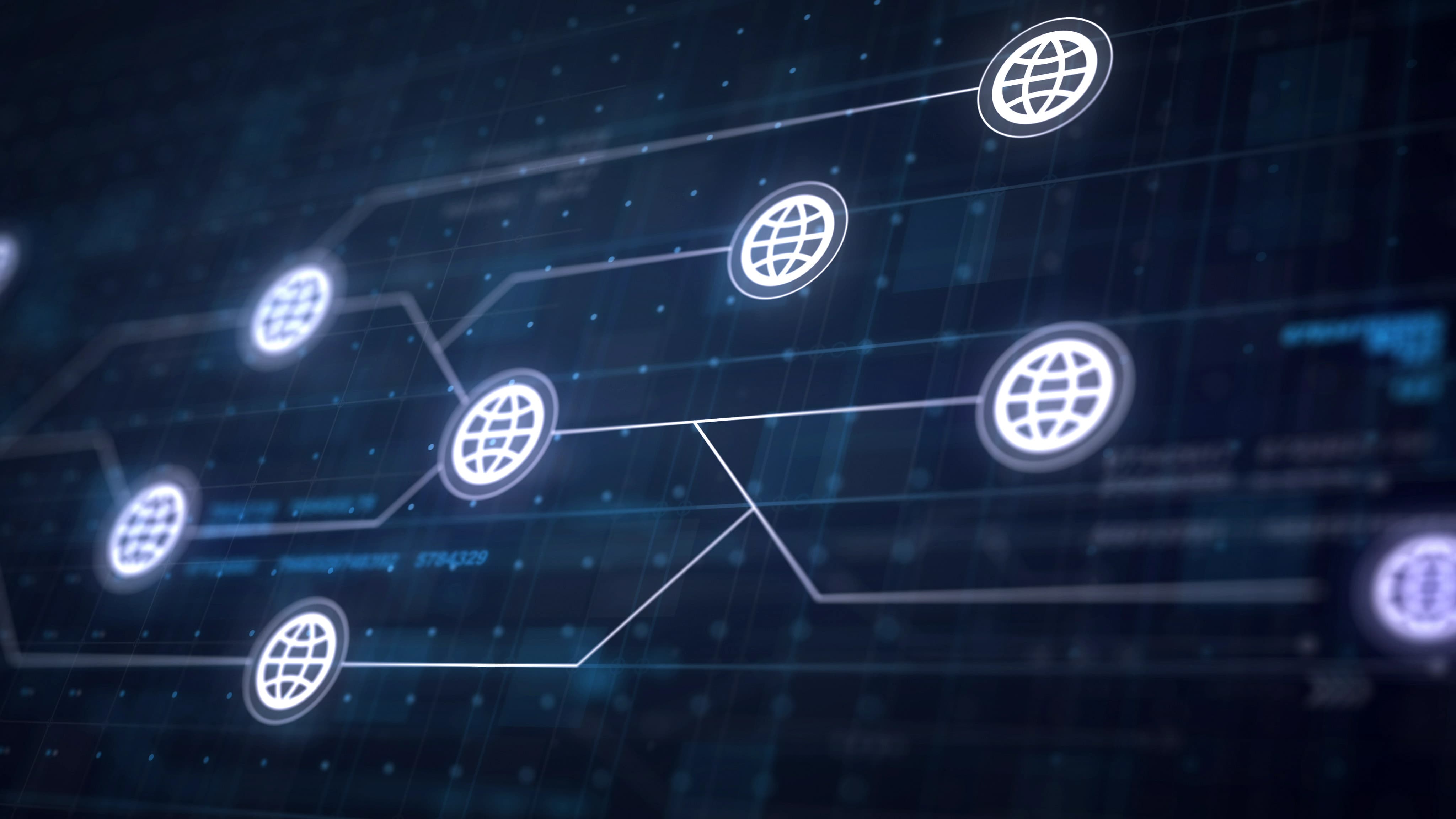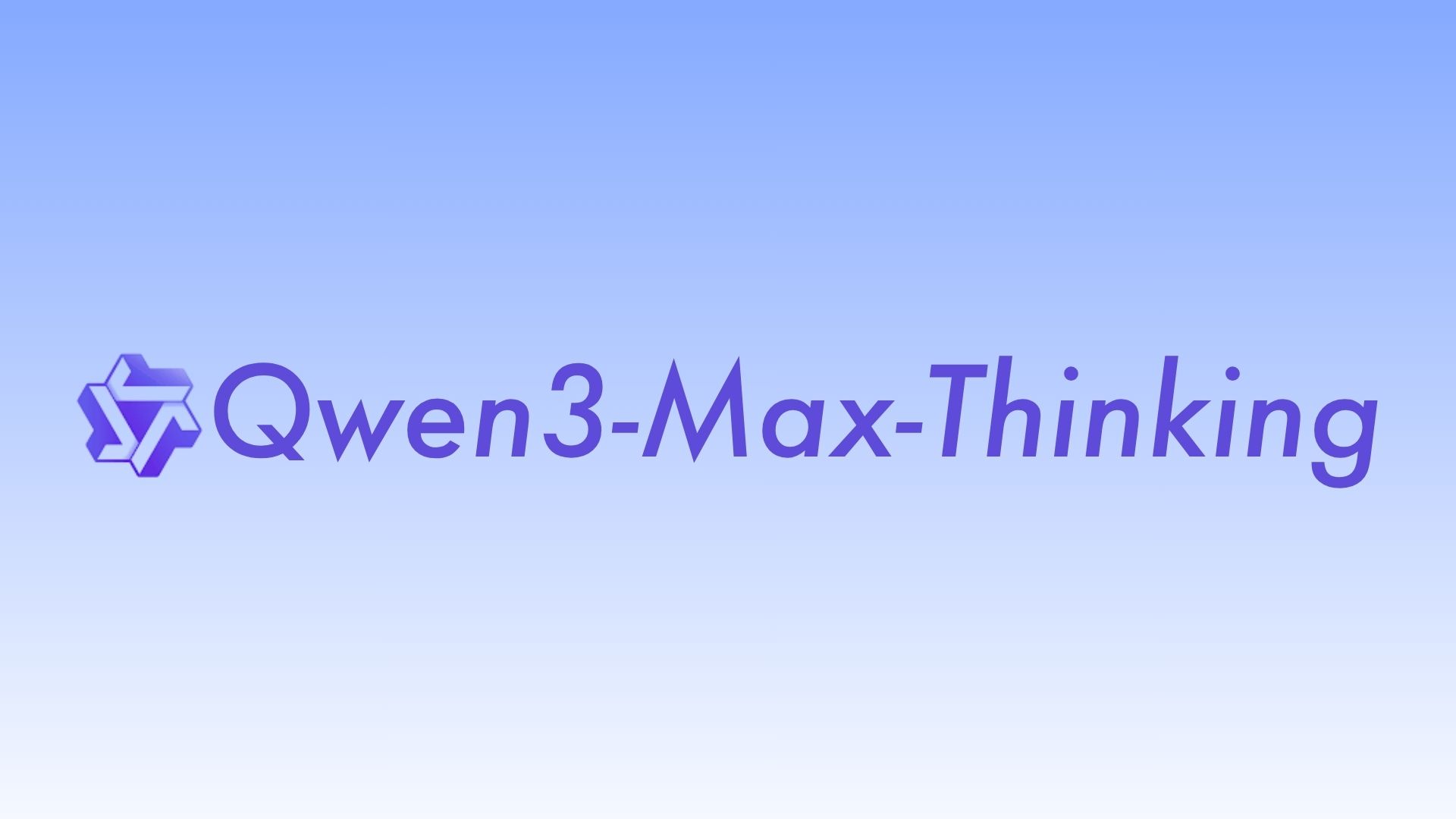Amazon Web Services has announced Fastnet, a high-capacity transatlantic subsea cable connecting Maryland and County Cork.
Set to be operational in 2028, Fastnet will expand AWS’s network resilience and deliver faster, more reliable cloud and AI services between the US and Europe.
The cable’s unique route provides critical redundancy, ensuring service continuity even when other cables face disruptions. Capable of transmitting over 320 terabits per second, Fastnet supports large-scale cloud computing and AI workloads while integrating directly into AWS’s global infrastructure.
The system’s design enables real-time data redirection and long-term scalability to meet the increasing demands of AI and edge computing.
Beyond connectivity, AWS is investing in community benefit funds for Maryland and County Cork, supporting local sustainability, education, and workforce development.
A project that reflects AWS’s wider strategy to reinforce critical digital infrastructure and strengthen global innovation in the cloud economy.
Would you like to learn more about AI, tech and digital diplomacy? If so, ask our Diplo chatbot!










